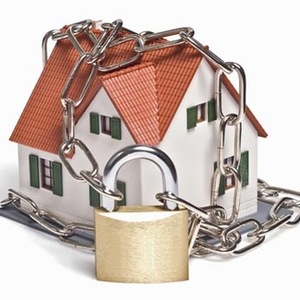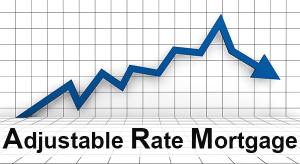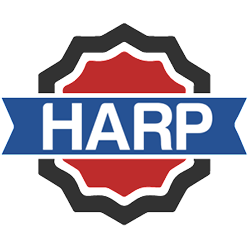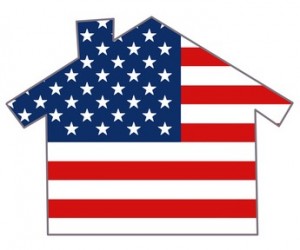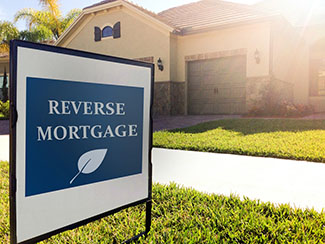Loan Types
Conforming Loans
Fannie Mae and Freddie Mac are restricted by law to purchasing single-family mortgages with origination balances below a specific amount, known as the “conforming loan limit.” Loans above this limit are known as jumbo loans.
The national conforming loan limit for mortgages that finance single-family one-unit properties increased from $33,000 in the early 1970s to $424,150 for 2006-200
Fixed Interest Rate
An interest rate on a liability, such as a loan or mortgage, that remains fixed either for the entire term of the loan or for part of this term. A fixed interest rate may be attractive to a borrower who feels that the interest rate might rise over the term of the loan, which would increase his or her interest expense. A fixed interest rate, therefore, avoids the interest rate risk that comes with a floating or variable interest rate, wherein the interest rate payable on a debt obligation depends on a benchmark interest rate or index.
Jumbo Loans
A jumbo mortgage is a home loan for an amount that exceeds conforming loan limits established by regulation. The limit is $417,000 in most of the United States but is $625,500 in the highest-cost areas. The underwriting process for jumbo mortgages is similar to that of a conforming mortgage, except that jumbo lenders sometimes require 2 appraisals instead of just 1.
Down payment requirements differ in many cases. Jumbo loans generally require higher down payments -- depending on the lender, the minimum down payment could be 15%, 20% or 30% for home purchases. Many lenders require a credit score of 700 or higher, a debt-to-income ratio of 43% or less, and 6 to 12 months' worth of reserves.
FHA Loans
FHA loans are popular with mortgage borrowers because of lower down payment requirements and less stringent lending standards. Simply stated, an FHA loan is a mortgage insured by the Federal Housing Administration, a government agency within the U.S. Department of Housing and Urban Development. Borrowers with FHA loans pay for mortgage insurance, which protects the lender from a loss if the borrower defaults on the loan.
HARP Loans
The Home Affordable Refinance Program, also known as HARP, is a federal program of the United States, set up by the Federal Housing Finance Agency in March 2009 to help underwater and near-underwater homeowners refinance their mortgages. Join the 900,000+ people who have benefited from the Home Affordable Refinance Program!
VA Loans
VA helps Servicemembers, Veterans, and eligible surviving spouses become homeowners. As part of our mission to serve you, we provide a home loan guaranty benefit and other housing-related programs to help you buy, build, repair, retain, or adapt a home for your own personal occupancy. VA Home Loans are provided by private lenders, such as banks and mortgage companies. VA guarantees a portion of the loan, enabling the lender to provide you with more favorable terms.
Conforming Loans
Fannie Mae and Freddie Mac are restricted by law to purchasing single-family mortgages with origination balances below a specific amount, known as the “conforming loan limit.” Loans above this limit are known as jumbo loans.
The national conforming loan limit for mortgages that finance single-family one-unit properties increased from $33,000 in the early 1970s to $417,000 for 2006-200
Reverse Mortgage
If you’re 62 or older – and want money to pay off your mortgage, supplement your income, or pay for healthcare expenses – you may consider a reverse mortgage. It allows you to convert part of the equity in your home into cash without having to sell your home or pay additional monthly bills. But take your time: a reverse mortgage can be complicated and might not be right for you. A reverse mortgage can use up the equity in your home, which means fewer assets for you and your heirs. If you do decide to look for one, review the different types of reverse mortgages, and comparison shop before you decide on a particular company.


